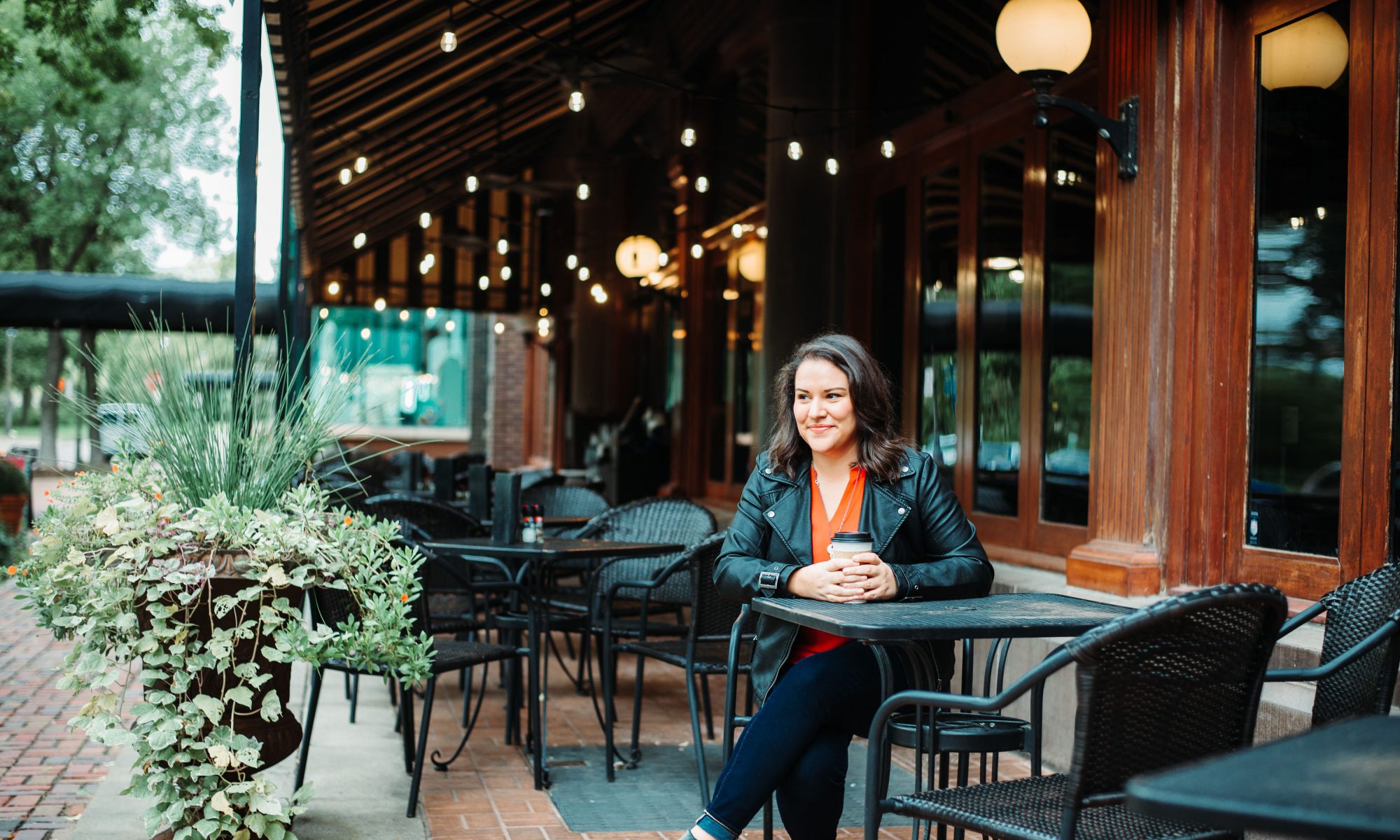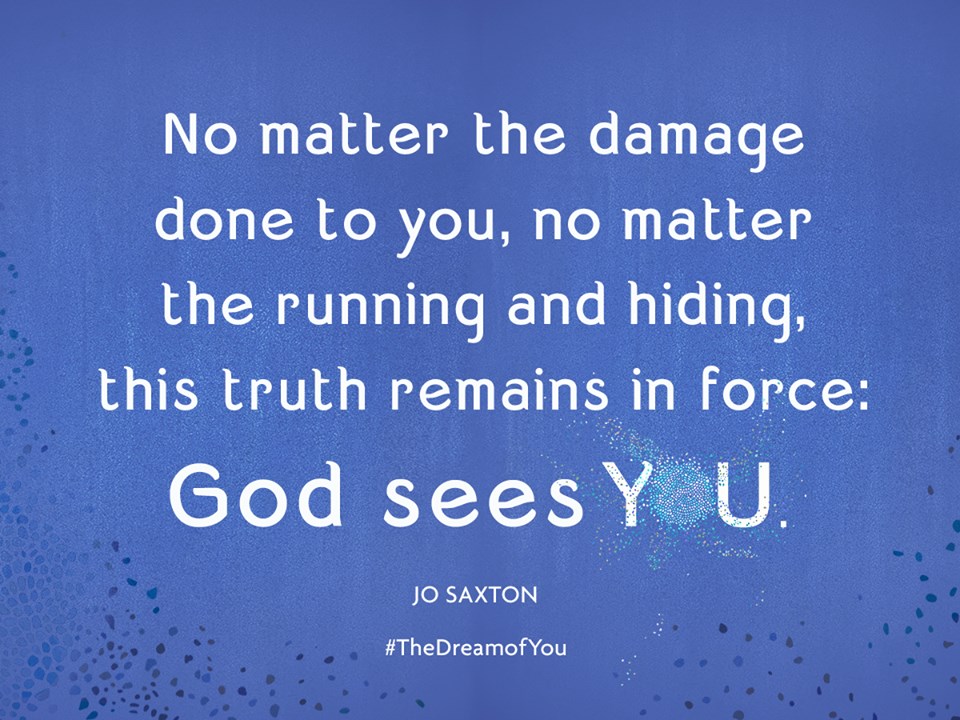Just as a reminder, we’re in a series on singleness in the church that will be a four part series (for now).
Here’s where we’re going to (try) to go with this conversation:
Part One was from the point of view of the Church and church leadership.
Part Two was a bit of a Married Friends Gut Check
Part Three is a bit of a Single Friends Gut Check
Part Four is going to be some practical steps forward.
It was great reading comments and hearing from so many of my married friends last week. Thank you all for engaging in this conversation and sharing it with your friends. Keep sharing your thoughts and any feedback you have for me!
This week’s gut check will be for our single friends. Full disclosure – this is the post that I was the most nervous about writing in this series. For obvious reasons, I can’t write a gut check for single friends without first looking myself in the eye and gut checking myself. But hey – we all have our stuff right? And we all have to deal with it, so here we go!
Just to remind ourselves, our hope in these conversations is to talk about how to have better community across this relationship status divide. We want the church to be a place where we can find good, God honoring community between people of all relationship statuses. So when we talk about singleness here, I’m coming from the angle of how we can better be in community with others who are not single.
Single friends, we need to deal with our loneliness. There is a lot about my single life that I love. I doubt that I would have had the ability to move as many times as I have or go on new adventures if it hadn’t been for my singleness. The “freedom” that comes with being single is appealing for the most part.
But there are other parts that are just really hard. They range from silly things to laugh at with my friends to deep wounds that are easier to push down and not deal with right now.
However difficult though – we need to deal with those things. We need to deal with the parts of being single that are hard and frustrating not because of what people say or think about us but because of what we say or think about us. I’m an extrovert, albeit a shy extrovert but an extrovert nonetheless. So being at home alone can sometimes be isolating for me. When I moved into my first apartment alone I wasn’t sure I could handle it. I was really nervous about all that time alone with my thoughts. It didn’t take long for me to realize that in my loneliness of living alone, I was actually just numbing my mind rather than dealing with it. I needed to deal with it because when I was just numbing it with TV, music, other friendships, etc – the loneliness always came out sideways.
And when it comes out sideways, it can cause us to be bitter about our relationships with people who are married. It can build a wall between us because of the perception that they have something we so badly want. But the problem is, a spouse will not solve our problem of loneliness. In fact, married people can be just as lonely.
If we don’t learn deal with that loneliness in a healthy way not only can it build resentment and bitterness in us, we can inappropriately try to fill that loneliness with other people. We need to find the root of our loneliness and look to the true source of security and comfort – God. And not in a “Jesus is your husband” kind of way, but in a comforting, fulfilling way that recognizes that only God can perfectly love you and be in your corner perfectly.
Something else I’ve seen stand in the way of my relationships with my married friends is my perception of how they feel about my being single. Let me rephrase – I have a tendency to make jokes about my singleness so that other people know I’m okay with it. It’s a defense mechanism that I’ve picked up from years of people asking me inappropriate questions about my personal life, or setting me up on really bad dates, or even choosing not to be friends with me (or even colleagues) because I’m single.
I’ve had to get some thick skin and learn to laugh at myself, which is not the worse thing in the world. But sometimes it can get in the way of my friendships. I’m trying so hard to make it okay that I actually am just making it awkward. I’ve learned that it’s not my responsibility to make it okay for other people that I’m single. It’s only my responsibility to make sure I’m okay that I’m single. And by okay I mean content that this is the season I am in, even if I’m hopeful that it won’t be forever.
When I am feeling content in my singleness and dealing with my own issues of loneliness, then I’m not looking for my married friends to fill a role in my life. I get to simply be friends with them. But when I feel bitterness rise up, I see it affecting my friendships, especially with my married friends or my newly in a relationship friends.
Lastly (for now) single friends, we need to make sure we are honoring our friends’ marriages. My rule of thumb for my relationships with people who are married is that their marriage is more important than my friendship with either person, even if I came first. (Side note: this is assuming the marriage is not abusive in anyway.) This lesson was a humbling one to learn. But it was so necessary to learn.
The fact is, my friends that are married stood before their family, friends and God and made a commitment to each other. They entered the covenant of marriage and some of them I was a witness to, and others I met after that day. But regardless of that fact, as their friend, I have to value their marriage more than my friendship with them.
I know this may sound crazy. I know this may sound like I’m caving into that “marriage is the end game for everyone” culture. But in reality what I am actually saying is that marriage is holy – meaning it’s set apart. And I am respecting that.
And actually, respecting and honoring their marriage makes me a better friend, not a more distant one. It means healthy boundaries in our friendship. It means I would never speak ill of one of them to the other. It means I will always counsel and push them towards each other. It means I remember that couples need time to be alone.
You cannot have a healthy close relationship with someone who is married if you don’t respect their marriage.
So Single friends, before we can really engage in deeper, meaningful relationships with our married friends, we need to look at ourselves and our feelings. How are we dealing with our loneliness? How are we finding contentment? And how are we honoring our friends’ marriages?
We’ll wrap up this discussion for now, I may have more thoughts to flush out as feedback rolls in. Let me know your thoughts, questions, comments or concerns as we continue to think through this!

